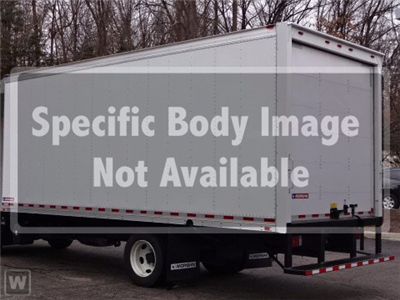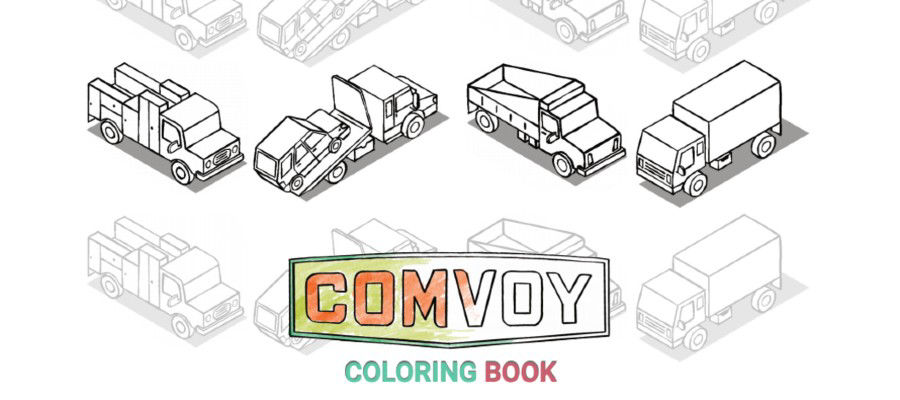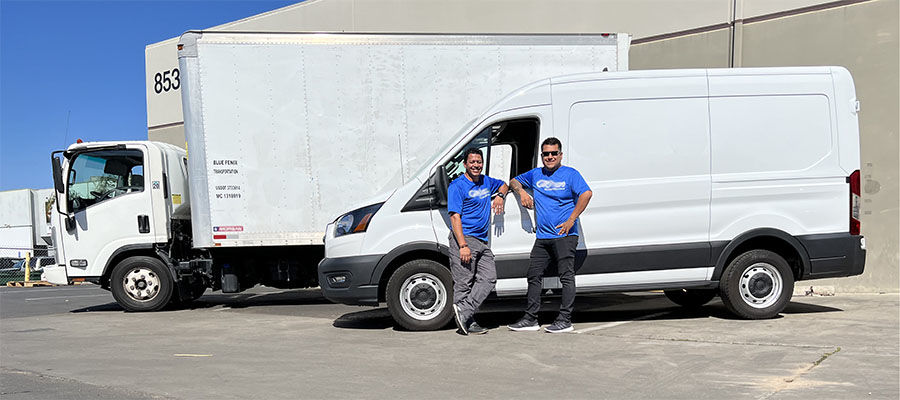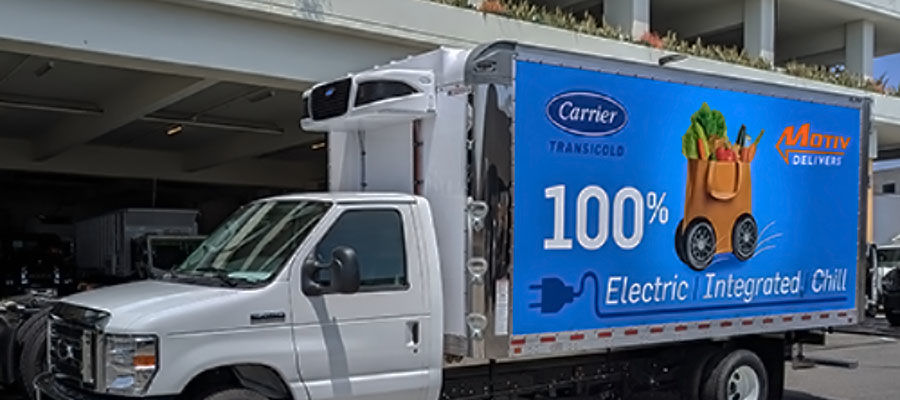New 2024 Isuzu NQR Regular Cab Box Truck
VIN
54DE5W1D5RS500194
Stock #
RC7404
Cab Type
Regular
Drivetrain
4x2
Fuel Type
Gasoline
Transmission
AUTO
Body Material
Aluminum
Body Length
16'
Body Width
91"
Body Height
96"








































































































































